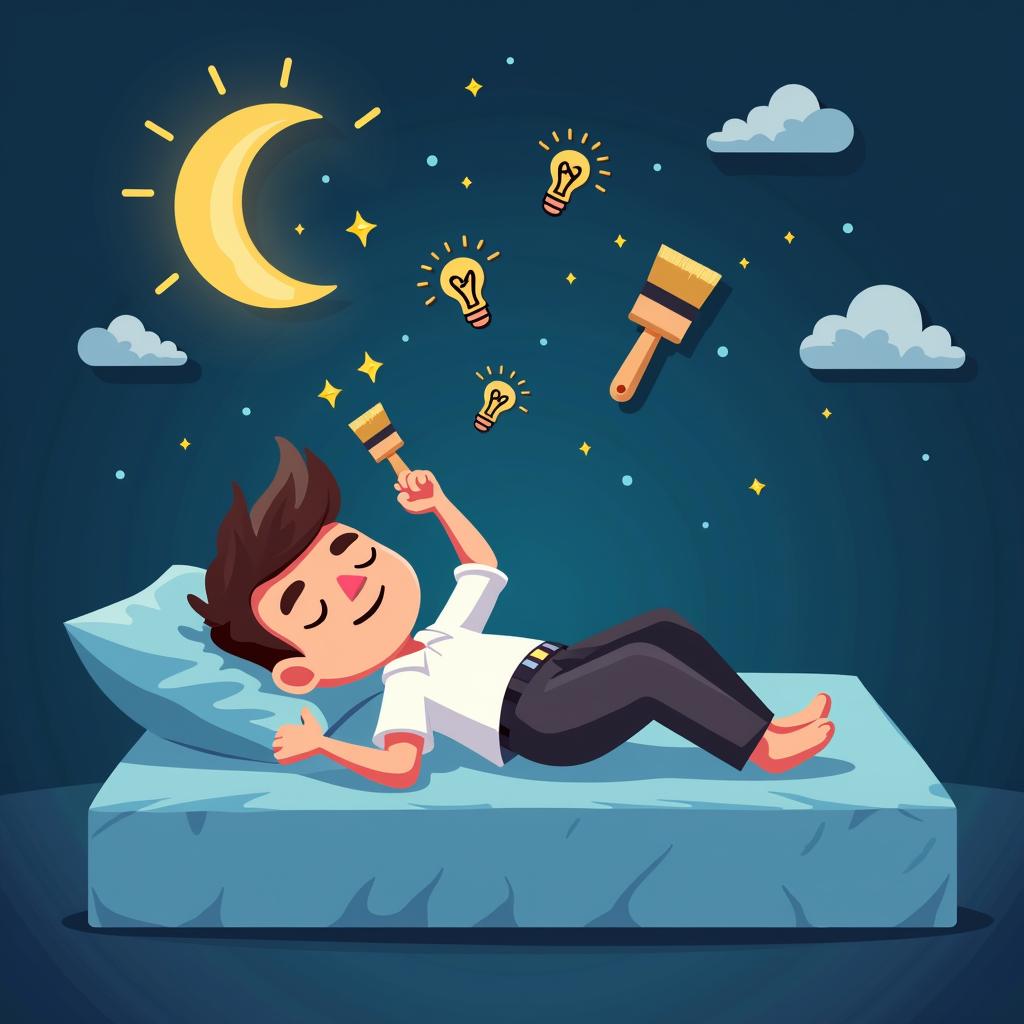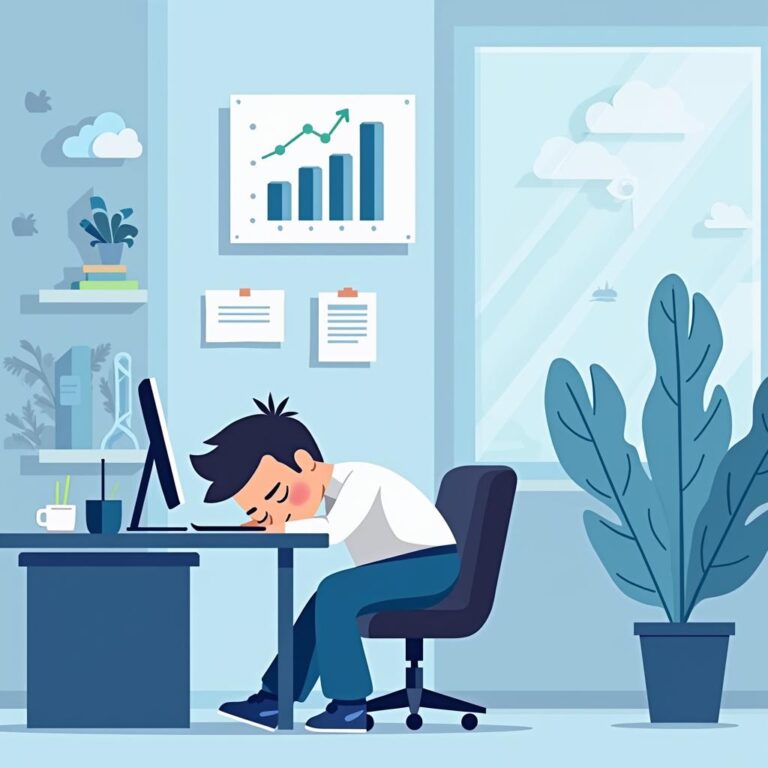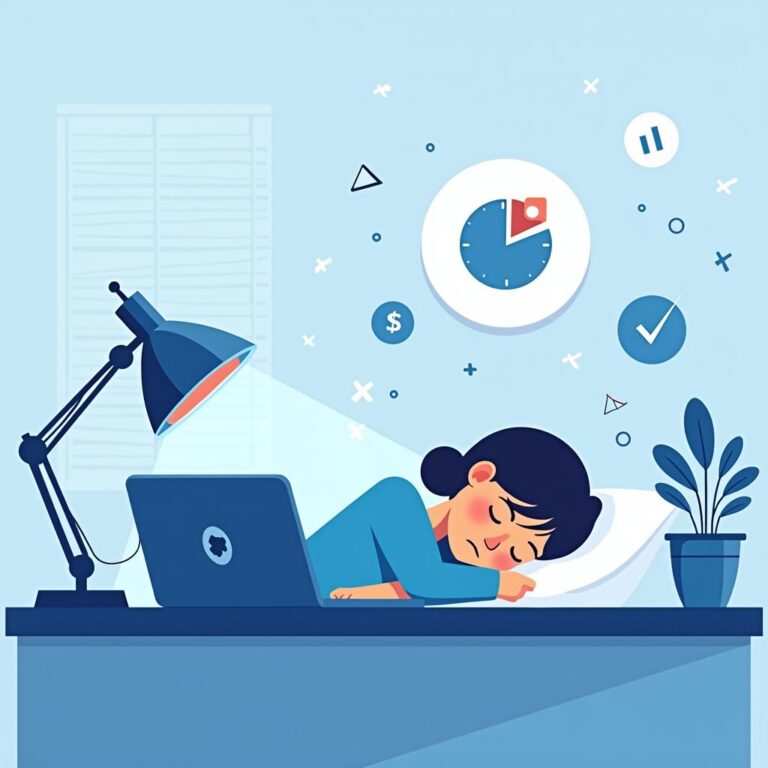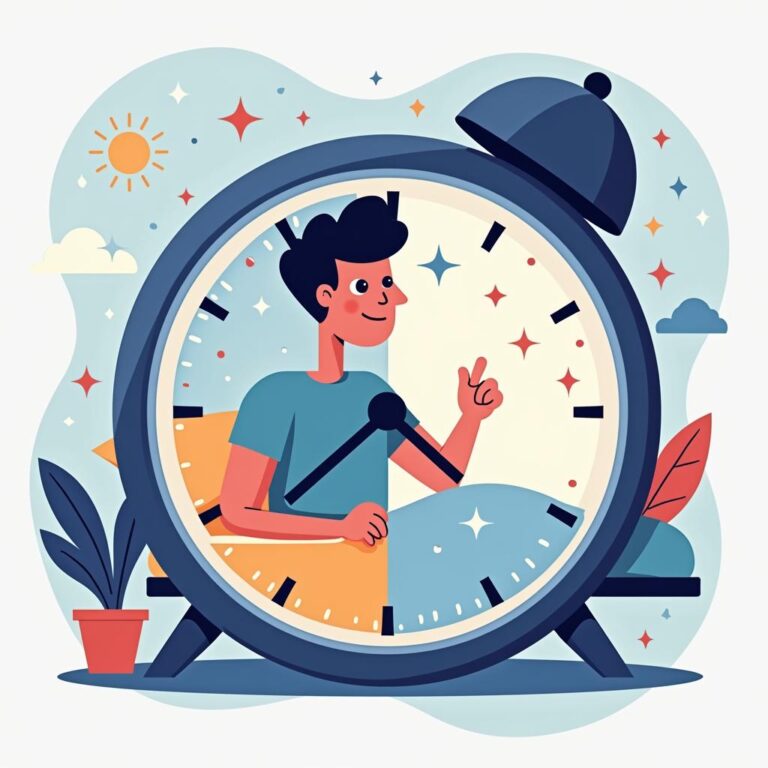In the fast-paced world of entrepreneurship, innovation is often the key to success. Entrepreneurs are constantly seeking ways to enhance their creativity, and one significant yet often overlooked factor is sleep. This article explores the role of sleep in boosting entrepreneurial creativity, discussing its importance, the mechanisms through which it enhances creative thinking, and practical tips for entrepreneurs to optimize their sleep for improved creativity.
Understanding Sleep and Creativity
Sleep is a fundamental biological process essential for overall health and well-being. It plays a critical role in various cognitive functions, including learning, memory, and, importantly, creativity. Research has shown that the state of our sleep can profoundly affect our ability to think creatively, problem-solve, and innovate.
Creativity is defined as the ability to generate new and original ideas. This process involves two main cognitive functions: divergent thinking (the ability to generate many different ideas) and convergent thinking (the ability to find a single correct solution to a problem). Both of these processes are influenced by the quality and quantity of our sleep.
The Science Behind Sleep and Creativity
Numerous studies indicate a strong link between sleep and creative thinking. During sleep, particularly during the REM (rapid eye movement) phase, our brains engage in processes that are crucial for creativity:
- Memory Consolidation: Sleep is vital for consolidating memory, which is the process of transferring short-term memories into long-term storage. This is crucial for entrepreneurs, as it helps to enhance recall of useful information and experiences that can inspire creative ideas.
- Problem-Solving: During sleep, we often process and reorganize information subconsciously. This allows entrepreneurs to arrive at solutions to problems they may have been struggling with during waking hours. Dreaming can also contribute to this process, as it provides a unique platform for the mind to simulate and explore possibilities.
- Mental Flexibility: Adequate sleep enhances mental flexibility, allowing individuals to switch between tasks and viewpoints easily. This flexibility can lead to innovative thinking, as entrepreneurs can combine ideas from various fields to create novel solutions.
Impact of Sleep Deprivation on Creativity
Lack of sleep can have detrimental effects on creative thinking. Studies have demonstrated that sleep deprivation can reduce cognitive functions, leading to:
- Decreased Divergent Thinking: When entrepreneurs do not get enough sleep, their ability to generate creative ideas diminishes. They may struggle to think outside the box, which is essential in today’s competitive market.
- Impaired Problem-Solving Skills: Sleep-deprived individuals often find it difficult to solve problems or make decisions effectively. This can hinder entrepreneurial progress and affect business outcomes.
- Increased Stress and Anxiety: Lack of sleep can lead to heightened stress levels, negatively impacting overall well-being. High-stress levels can further stifle creativity, creating a vicious cycle that can be challenging to break.
Establishing Healthy Sleep Habits
Given the critical role that sleep plays in enhancing entrepreneurial creativity, it is essential for entrepreneurs to prioritize their sleep. Here are some practical tips to establish healthy sleep habits:
- Set a Consistent Sleep Schedule: Going to bed and waking up at the same time each day helps regulate the body’s internal clock, improving the quality of sleep. Establishing a routine creates a sense of predictability that can promote deeper sleep.
- Create a Restful Environment: The sleep environment should be conducive to rest. This means keeping the bedroom dark, quiet, and cool. Investing in a comfortable mattress and pillows can also enhance the quality of sleep.
- Avoid Stimulants: Limit caffeine and nicotine intake, especially close to bedtime. These substances can disrupt the ability to fall asleep and stay asleep, negatively impacting overall sleep quality.
- Engage in Relaxation Techniques: Incorporating techniques such as meditation, yoga, or deep-breathing exercises can help calm the mind and reduce stress, making it easier to fall asleep.
- Limit Screen Time Before Bed: The blue light emitted from screens can interfere with the production of melatonin, the hormone responsible for regulating sleep. It is advisable to turn off electronic devices at least an hour before bedtime.
The Benefits of Napping for Entrepreneurs
Napping is another valuable strategy for boosting creativity. A short nap of 20-30 minutes can enhance alertness and improve mood, leading to increased creativity. Detailed studies have shown that napping can:
- Enhance Learning: A brief nap can aid in consolidating the information and skills learned during the day, enhancing the ability to apply them creatively.
- Boost Mood and Energy Levels: A quick rest can recharge energy levels and enhance overall mood, which is vital for fostering creativity.
- Stimulate Insight: Often, after a short nap, individuals experience what is known as the “incubation effect,” where insights regarding a problem become clearer after a break, leading to creative solutions.
Conclusion
In the realm of entrepreneurship, creativity is essential for success. Prioritizing sleep is a powerful strategy that can enhance cognitive function, problem-solving abilities, and overall innovative thinking. By understanding the significant role sleep plays in boosting entrepreneurial creativity and adopting healthy sleep habits, entrepreneurs can create an environment conducive to greater creativity and, ultimately, business success. Remember, in the journey of entrepreneurship, a well-rested mind is not just a luxury; it is a vital asset.







